Colorado Senate gives police reform bill final approval; Gov. Polis expected to sign it
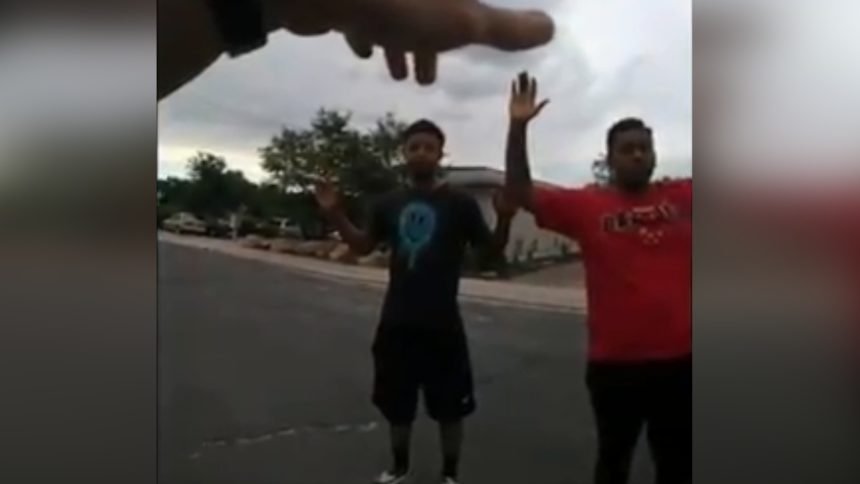
DENVER (KRDO) -- The Colorado House of Representatives passed SB217 on Friday with wide bipartisan support, and the Colorado Senate reapproved the bill with its new changes Saturday, meaning the bill only needs to be signed by Gov. Jared Polis to apply sweeping reforms to law enforcement agencies in the state.
In an update early Saturday afternoon, Colorado Senator Angela Williams tweeted that SB217 received final approval in the State Senate with a 32-2 vote.
SB 20-2017 Police Integrity and Accountability Act received final approval today in State Senate 32-2.
— Angela Williams (@COSenWilliams) June 13, 2020
Still Rebuilding Trust Between Community and Police. #GeorgeFloyd #coleg #ChangeTheWorld pic.twitter.com/x2oHRdvsTC
The Colorado Senate Democrats also tweeted an update, saying the bill was headed to Gov. Polis.
Thank you @SenRhondaFields & @Leroy_Garcia for your grace and leadership in sponsoring this bill.
— Colorado Senate Dems (@COSenDem) June 13, 2020
SB-217 starts a critical conversation at the Capitol on how we can improve police accountability and integrity in Colorado. pic.twitter.com/aO18WOBa34
House members passed the bill Friday with a 52-13 vote; the Senate first passed the bill near unanimously with a 32-1 vote on June 9.
The bill is now headed to the Governor's desk, where Gov. Jared Polis is expected to sign it into law. In a series of tweets Friday night, Polis said he is "honored" to be here at this moment as "[he signs] SB20-217 when it reaches [his] desk."
I am honored to be here at this moment of time, alongside so many passionate Coloradans on the journey towards a more equal, more just, and more peaceful society as I sign SB20-217 when it reaches my desk. (4/4)
— Governor Jared Polis (@GovofCO) June 13, 2020
Previous coverage:
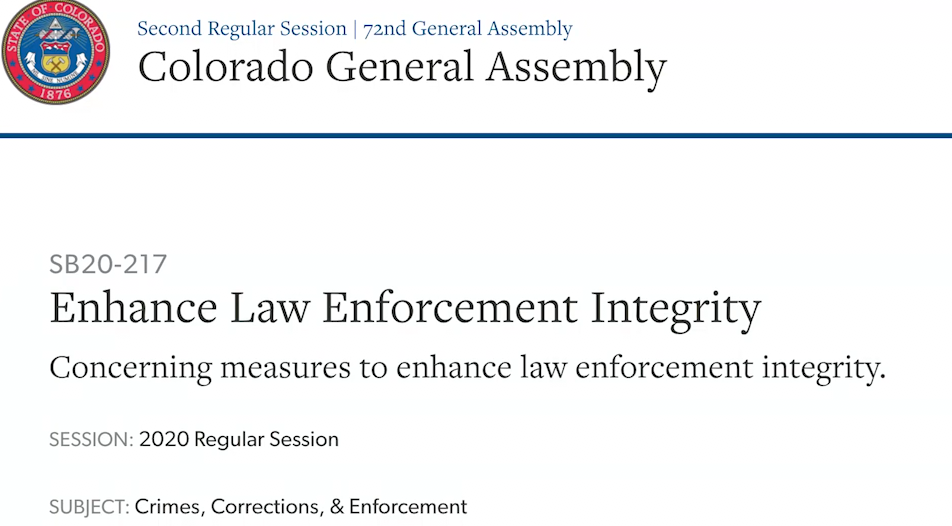
The bill appeared to be on track to getting final approval and possibly be signed by Polis on Friday, but the amount of unfinished business still before lawmakers slowed the bill's progress.
Bella Combest, press secretary for Senate President Leroy Garcia, D-Pueblo, said lawmakers worked until just before midnight on Friday and will return on Monday finish remaining matters.
"The Senate isn't going to change anything in the latest version of the bill, so it should pass quickly on whichever day the Legislature returns," she said. "It all depends on how much work gets done Friday."
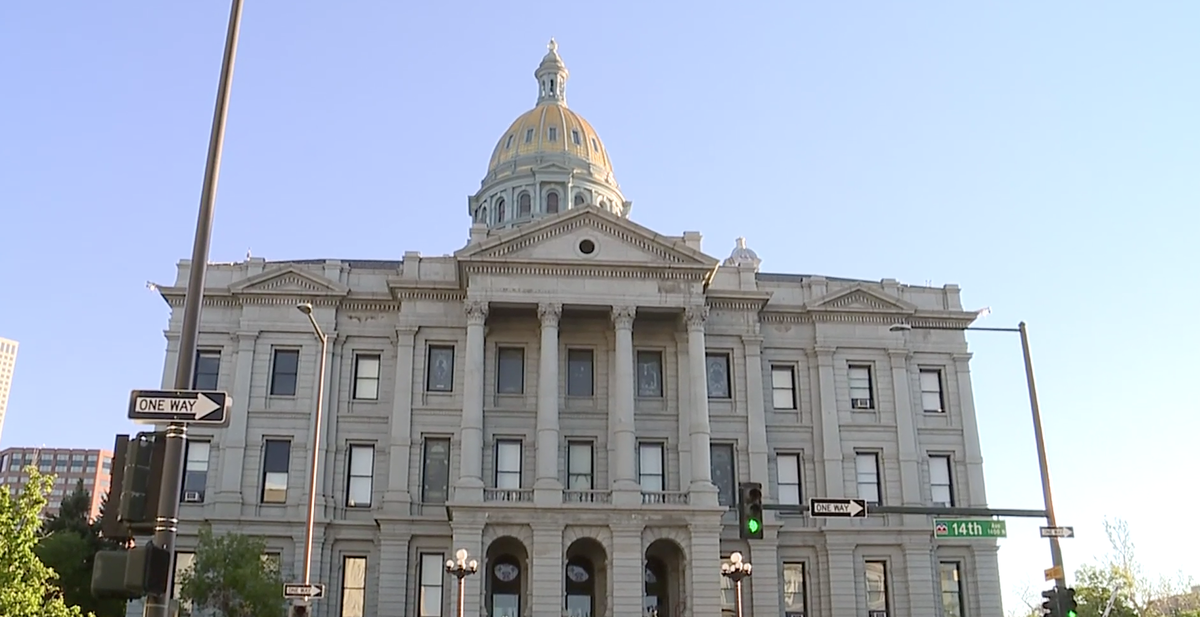
It was believed that Friday is the last scheduled day of the 2020 legislative session, but Combest said lawmakers could legally could continue working for several weeks because of the session being delayed by the COVID-19 pandemic.
"We just decided not to," she said. "We should finish everything either on Saturday or Monday. "Only the governor can call a special session, but there's no indication he's willing to do that."
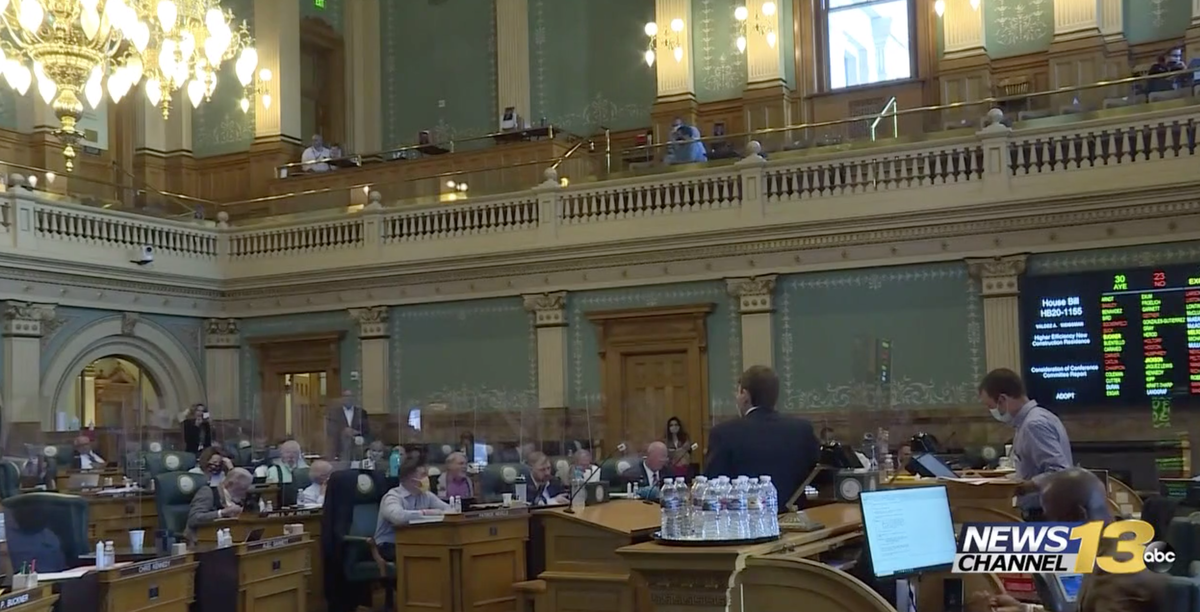
The bill mandates body cameras for all officers and says footage will be released to the public within 21 days after any allegation of police misconduct or interaction where a citizen is injured or killed by police.
The bill also changes when officers can use deadly force and eliminates many justifications for deadly force, including the fleeing felon statute.
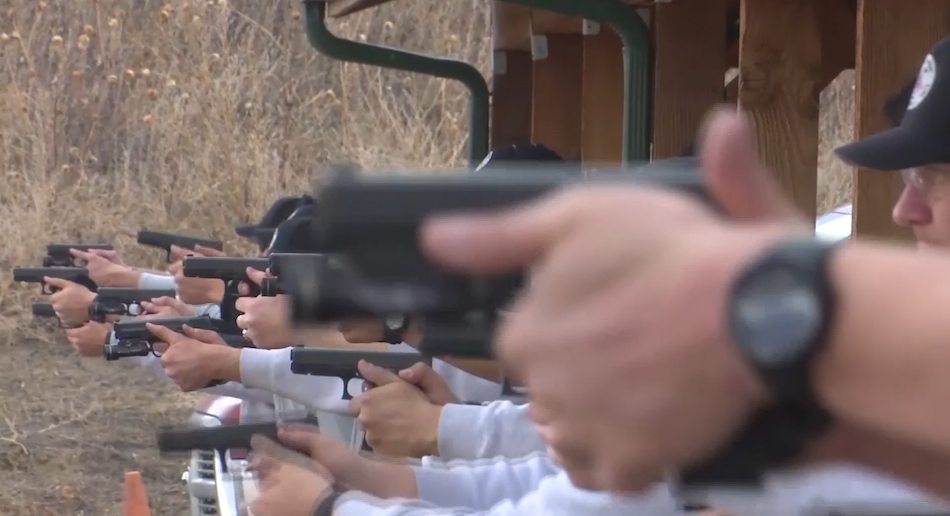
Officers can only use deadly force in an arrest or escape attempt to defend themselves from what is reasonably believed to be the use or imminent use of deadly force; or if the suspect is:
- Attempting to escape by the use, not simply the possession, of a deadly weapon; or
- he or she imminently is likely to endanger human life or inflict serious bodily injury to another unless apprehended without delay
In addition, the bill creates a state review board that would examine all uses of deadly force by police. More data will also be reported to the Department of Public Safety, including all instances of use of force resulting in death or serious body injury, all instances of when a peace officer resigns while under investigation for violating policy, all data relating to contacts conducted by peace officers, and all data related to the use of unannounced entry by a peace officer.
Police at protests or demonstrations are also forbidden from using non-or-less than lethal projectiles that target the head, pelvis or back, and they can't use chemical agents or irritants without issuing an order to disburse and ensuring that the order is heard with time to allow compliance with the order, according to the bill text.
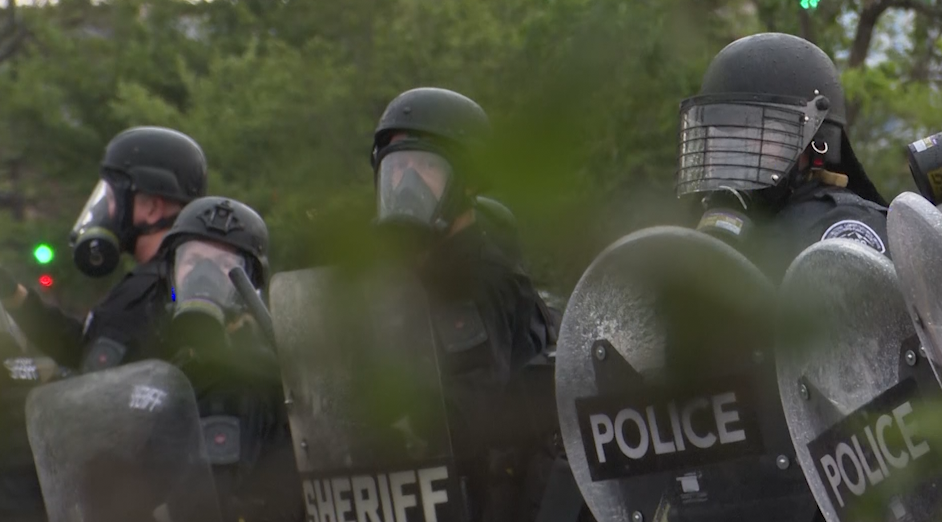
The bill's amendments in the House need to be approved by a Senate vote, but if approved, it will then go to be signed by Gov. Polis.
Colorado Springs Police Chief Vince Niski expressed his concerns about the bill.
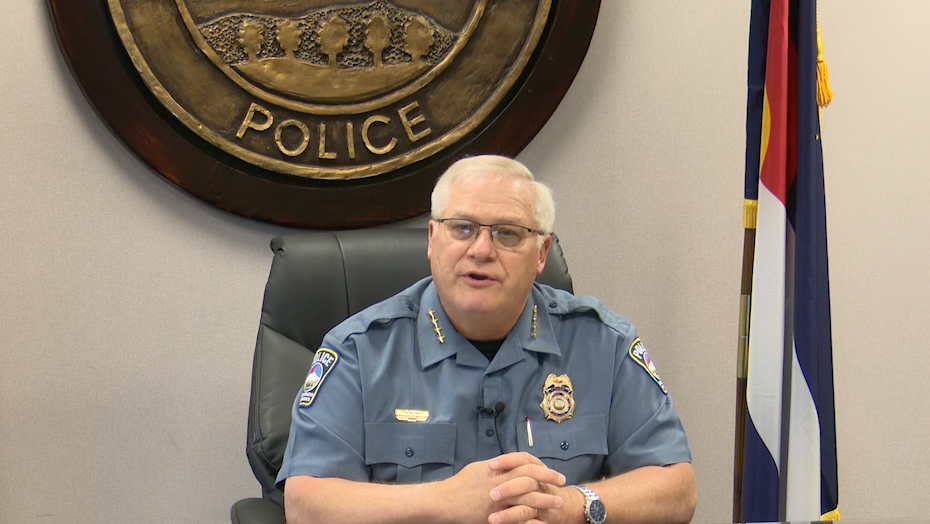
"It'll impact policing," he said. "It'll impact applicants on policing whenever there is an individual liability now, that I have to worry about, when I had qualified immunity in the past. That will be stripped, I'm pretty confident, no matter what. But we need to realize that no one and no agency is perfect."
Renee Alexander, an organizer with the current Black Lives Matter movement in Colorado Springs, said she is happy with the bill's progress and with the consideration of a citizens review committee for police.

"We're never content, but we're proud and excited," she said. "To be able to see this in our own time. There are other issues we're involved with. We'll be out here as long as we need to. A week, two weeks, a month if we need to. We're in this for the long haul."
This is a developing story, check back for updates.